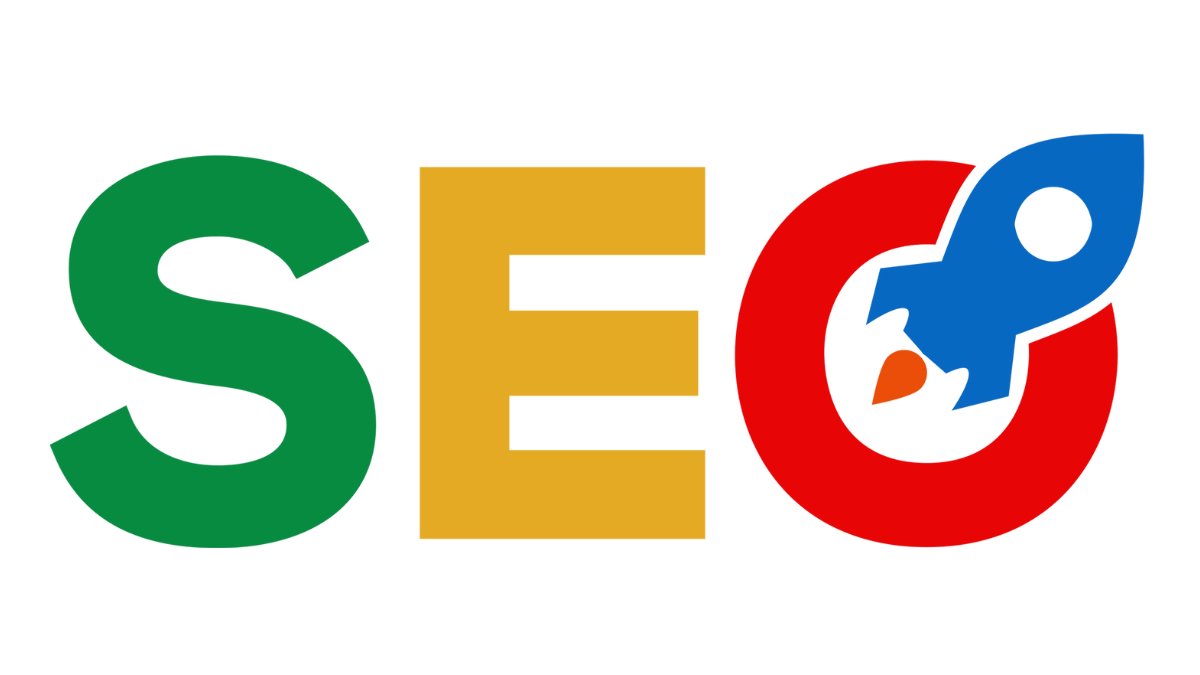SEO is changing fast. What worked a few years ago may not work now. Keeping up with these changes is important. Let’s look at what’s new in SEO for 2025 and how to stay ready.
AI Is Changing SEO
Artificial Intelligence (AI) is now a big part of SEO. Search engines like Google use AI tools to better understand searches. Tools like BERT and MUM focus on what users really want.
Content must match the user’s intent. For example, if someone searches for “easy travel tips,” Google now knows if they need packing tips, budget advice, or destination ideas. The most helpful content will obviously rank higher.
Voice Search Is Growing
Voice search is being used more. We all use it when we can. I mean it is way more convenient than typing. People now ask questions like, “What’s the best pizza near me?” These searches are natural and conversational.
Your content should use the same tone. Instead of focusing on “best pizza Toronto,” try phrases like “Where can I find great pizza in Toronto?”
Local SEO is also important. Make sure your Google Business Profile has correct details, including hours and reviews.
Video and Visual Search Are Key
Videos are now a big part of online searches. Platforms like YouTube and TikTok are popular for finding information.
Adding videos like tutorials or reviews can bring more visitors. For example, a realtor might post a home tour and use keywords like “family homes in Vancouver.”
Visual searches are also growing. Tools like Google Lens allow searches with photos. To prepare, images should have clear alt text and good resolution.
User Experience Matters
Search engines care about user experience. Core Web Vitals measure how users feel on your site. These include:
Loading Speed: How fast the site loads.
Interactivity: How quickly users can click or scroll.
Visual Stability: How smooth the layout looks.
If your site is slow, people might leave. Improving site speed and layout helps rankings and keeps visitors happy.
Trust Is Important
Search engines prefer content that is trustworthy. This is called E-A-T: Expertise, Authority, and Trustworthiness.
Content should be accurate and reliable. For example, a health blog should include data from trusted sources. Author bios showing expertise also help build trust.
Local SEO Is Essential
Local SEO helps businesses connect with nearby customers. Content should focus on specific areas.
A Toronto bakery could use keywords like “best croissants near me.” Blogs about local events can also increase visibility.
Staying Ready
Search engines update often. SEO strategies should stay flexible. Helpful content is now more important. Articles should provide value rather than only promoting services.
For example, a car repair shop might write about “car care tips for winter” instead of just advertising repairs.
How Mobile Optimization Impacts SEO
Most searches are now done on mobile devices. If your site doesn’t work well on phones, rankings will drop. Pages need to load quickly and display properly. Buttons and links should be easy to click.
I’ve noticed that mobile users leave sites if they’re hard to use. This can hurt your traffic and engagement. A responsive design ensures your site adjusts to any screen size. Regularly testing your site on mobile can help catch any issues.
Why Internal Links Are Important
Internal links guide visitors through your site. They also help search engines understand your content better. For example, linking a blog about “winter car care” to another about “best snow tires” connects related topics.
I’ve found that using internal links keeps people on your site longer. It also improves your SEO by creating a clear structure. Just make sure the links feel natural and helpful. Too many can feel cluttered and distracting.
How to Stay Updated on SEO
SEO trends change often. Keeping up can feel overwhelming. Following trusted blogs or joining online communities can help. Tools like Google Search Console also give regular updates about your site.
I like to set aside time each month to learn what’s new. Small adjustments based on trends can make a big difference. It’s all about staying consistent.
FAQs About SEO Trends in 2025
1. What is SEO, and why is it important?
SEO, or Search Engine Optimization, is the process of improving your website so it ranks higher on search engines like Google. It’s important because it helps people find your site easily. I like to think of it as making sure your site gets noticed in the crowd. That is the shortest explanation I could give you.
2. How do I know if my SEO strategy is working?
You will know when it happens! On a more helpful note, you can check your site’s performance using tools like Google Analytics or SEMrush. These tools show how much traffic you’re getting, which keywords are working, and where improvements can be made. I’d recommend starting with simple metrics like organic traffic and click-through rates.
3. What is voice search, and should I optimize for it?
Voice search happens when people use tools like Siri or Alexa to ask questions. It’s growing fast, and I think it’s worth optimizing for it. Use conversational keywords and focus on local SEO to make sure you’re showing up in these searches.
4. How often should I update my content?
You don’t have to update everything all the time, but I’d say reviewing your content every six months is a good start. I know it seems like a lot of work but it has to be done when you are trying to stay ahead.
5. Can I do SEO myself, or should I hire someone?
You can definitely start on your own if you are ready to learn, practice and implement. Plus, you need a lot of time. But if you feel stuck or need faster results, hiring an expert can help. I’ve seen people succeed with both approaches—it really depends on your time and resources.
If you have more questions, I’d love to hear them! SEO can feel overwhelming at first, but it’s something you can master over time.
Final Thoughts
SEO keeps changing. So you need to stay on top of it. You will always have to learn new things as you go, month after month. Trends like voice search, video content, and local SEO are shaping the future. Adapting to these trends keeps your strategy strong. Start making small changes now and your website will thank you.



